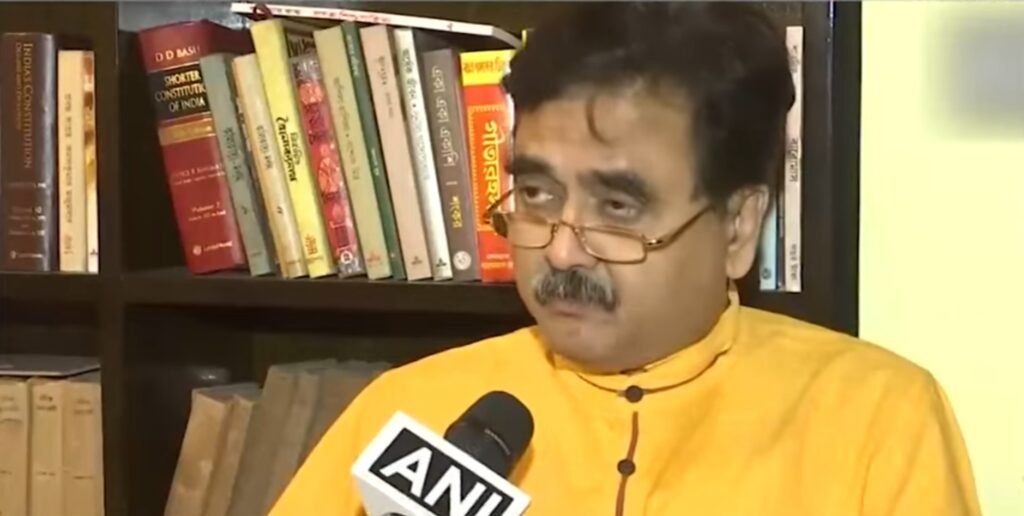Introduction:
Calcutta High Court Judge Justice Abhijit Gangopadhyay’s decision to step down from his judicial position has sparked a flurry of speculation and debate within West Bengal’s political landscape. Justice Gangopadhyay, known for his involvement in contentious cases involving the Trinamool Congress (TMC) government, has announced his resignation, hinting at a potential foray into electoral politics.
Abhijit Gangopadhyay:
Justice Gangopadhyay, who has been a High Court judge since May 2018, has been embroiled in numerous controversies, particularly concerning his rulings on education-related issues and alleged corruption scandals. His directives, including ordering investigations by the Central Bureau of Investigation (CBI) into the alleged school jobs scam in West Bengal, have drawn both praise and criticism.
Notably, his clashes with the TMC government have intensified over the past two years, with instances such as his interview with a Bengali news channel, where he openly questioned the financial dealings of prominent TMC figures, drawing the ire of the ruling party and the Supreme Court alike.
In recent developments, Justice Gangopadhyay has expressed his intention to resign from his judicial post, citing a desire to address the plight of the marginalized and helpless within society through political engagement. Speculation abounds regarding his potential alignment with the Bhartiya Janata Party (BJP), with rumors suggesting his candidacy for the Tamluk parliamentary constituency.
Addressing the media, Justice Gangopadhyay emphasized his commitment to serving the underprivileged and combating corruption, asserting that his judicial duties alone were insufficient in fulfilling this mission. His decision to step down and explore political avenues has ignited a debate over the role of judges in partisan politics, with some questioning the integrity of the judiciary.
Opposition voices, including those from the Shiv Sena (UBT), have criticized Justice Gangopadhyay’s resignation, insinuating that it reflects a failure of the judiciary to remain impartial and independent from political influence. Calls for the Chief Justice of India to intervene and uphold the integrity of the judiciary have emerged in the wake of this development.
As Justice Gangopadhyay prepares to transition from the judiciary to the political arena, the implications of his resignation reverberate throughout West Bengal‘s political landscape, raising pertinent questions about the intersection of law, governance, and partisan interests in the state.

